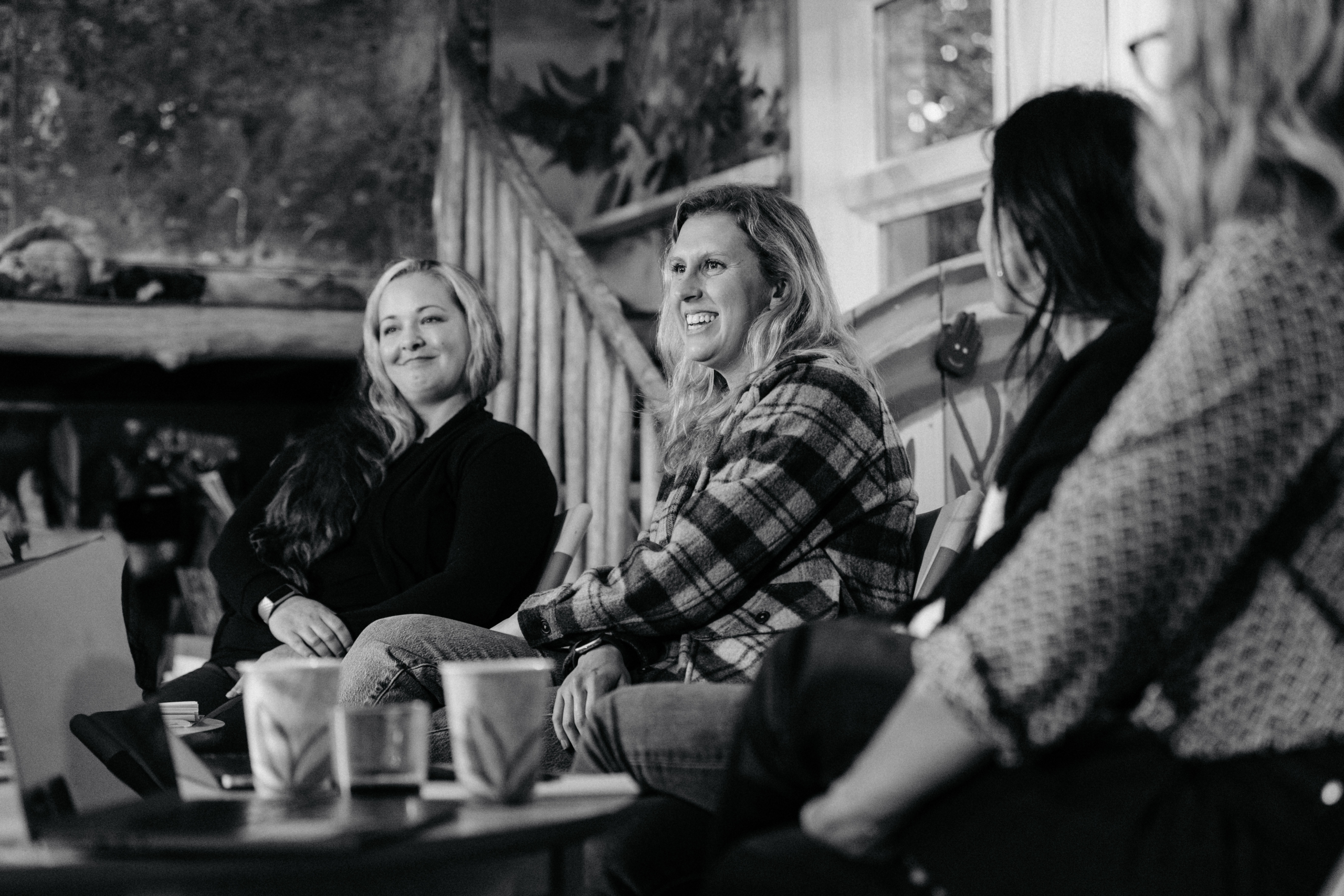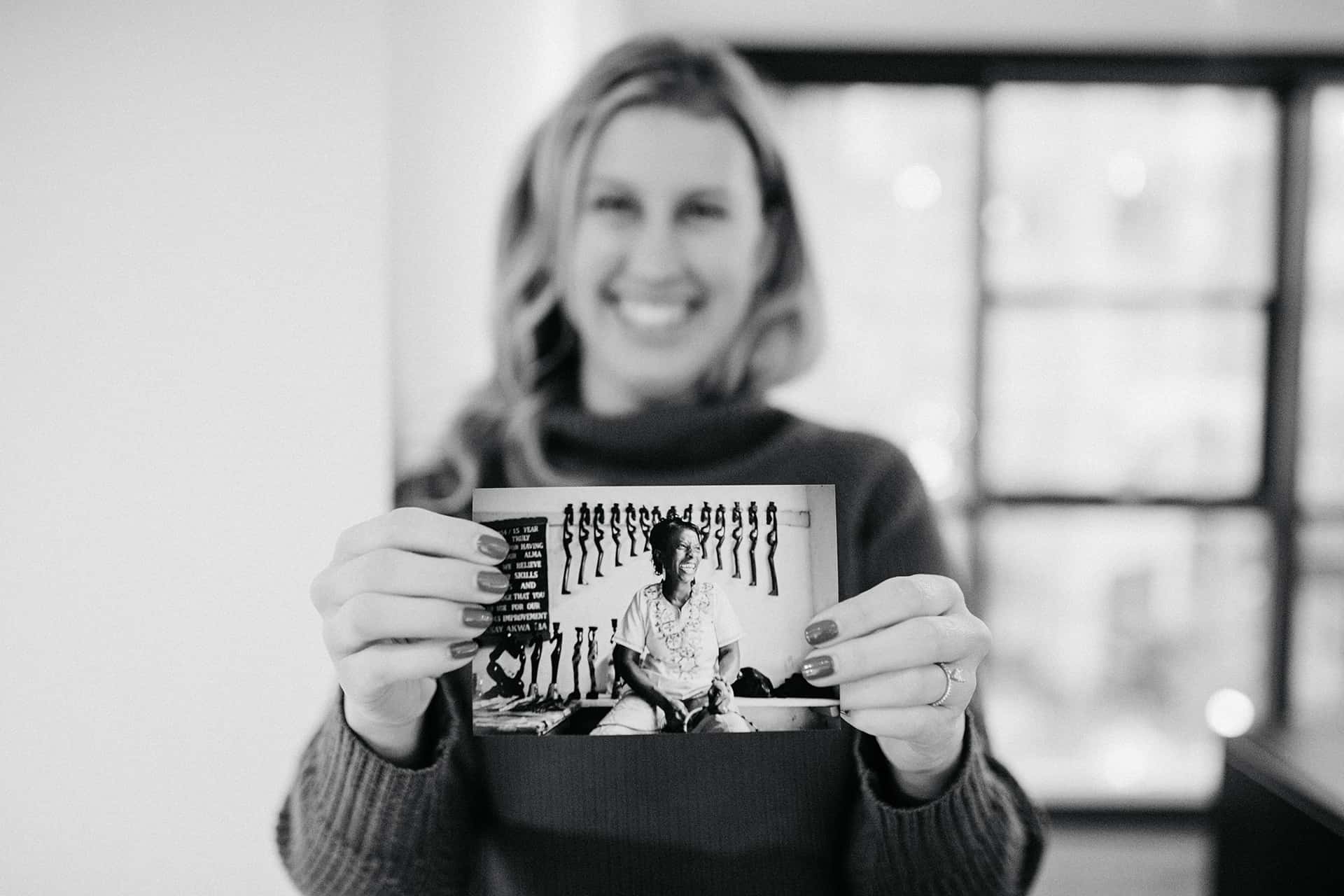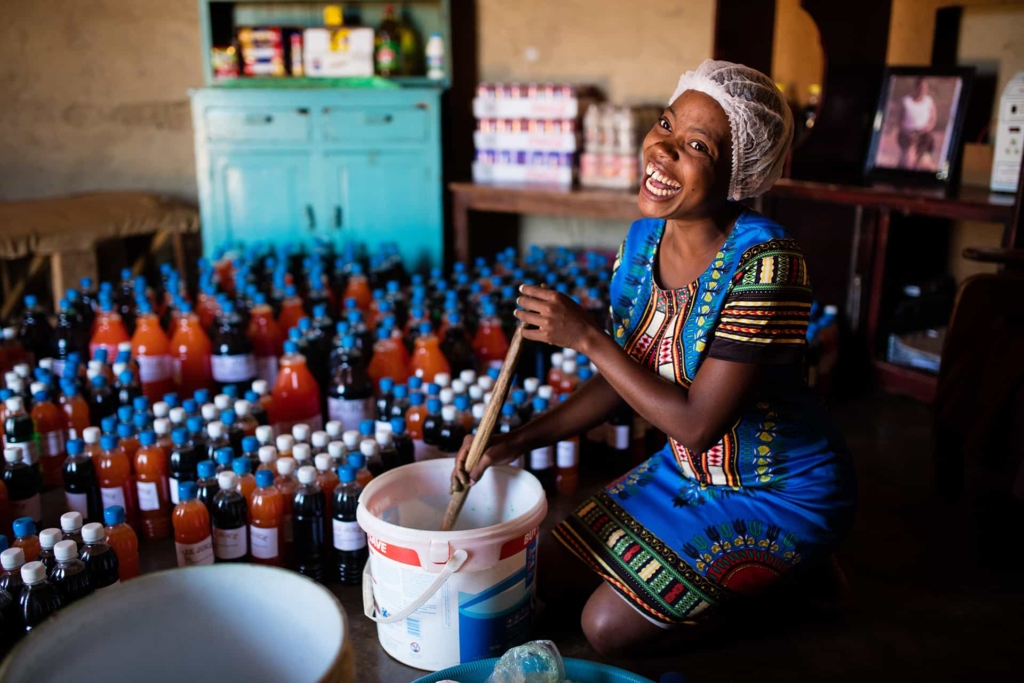You may have heard about the new capital gains tax rules that came into effect this month in Canada. If you’re unclear on what they mean for you or your family, you’re not alone! A recent survey conducted by the smart folks at Willful found most Canadians don’t know how or when capital gains tax is paid when someone passes away.
This is a good time to get clear on what capital gains tax is, what the new rules mean, and what you can do to plan for a solution (spoiler alert: ours involves life insurance!)
Capital gains tax is imposed on the sale or inheritance of a “capital asset” (something you own as an investment, like real estate, stocks, or high-value collectibles), applying to the difference between its current value and its original purchase value. This tax is nothing new – it’s been around in Canada for over 40 years. But the new rules mean you may have an increase in the tax owed when you sell a capital asset, or in the tax owed by your estate when you pass away.
While you may not have big capital assets to worry about while you’re alive, have you thought about this second piece for what you leave behind?
We’re here to help! Life insurance offers a proactive piece of your holistic financial picture and can help mitigate the cost of the new capital gains tax rules on you, your family, or your business. Talk to us about how we can plan together to ensure you’re as prepared and protected as possible.










